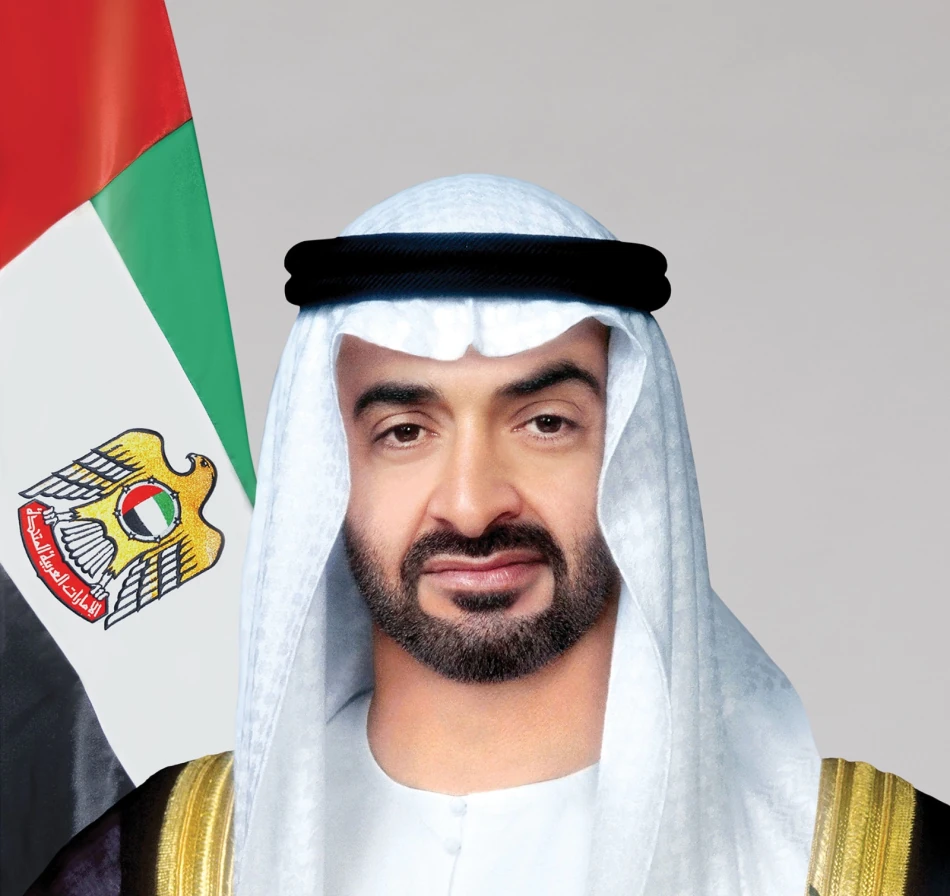
UAE's Crown Prince: Empowering Youth with Future Skills, a Top Priority
UAE Doubles Down on Youth Tech Training as AI Revolution Reshapes Global Economy
The UAE is positioning itself as a regional leader in future-ready workforce development, with President Sheikh Mohammed bin Zayed Al Nahyan emphasizing that youth empowerment through advanced technology skills remains central to the nation's economic strategy. The announcement, timed with World Youth Skills Day, signals the Emirates' commitment to building human capital for the digital economy while competing with tech hubs like Singapore and South Korea.
Strategic Focus on Digital Transformation
In a statement on X (formerly Twitter), Sheikh Mohammed bin Zayed highlighted the UAE's approach to youth development, stating that the country "places youth at the heart of its developmental strategy and considers empowering them and equipping them with future skills a main priority." He emphasized that Emirati youth continue to pursue knowledge and acquire specialized capabilities needed in "the era of technology, digital transformation, and artificial intelligence."
This focus aligns with the UAE's broader Vision 2071 initiative, which aims to make the country the world's best nation by its centennial. The strategy recognizes that human capital development, particularly in emerging technologies, will be crucial for maintaining competitiveness in a rapidly evolving global economy.
Regional Competition for Tech Talent
The UAE's emphasis on youth tech skills comes as Gulf nations increasingly compete for dominance in the digital economy. Saudi Arabia's NEOM project and Qatar's National Vision 2030 both prioritize technology education, while regional rivals like Israel and Singapore have established themselves as innovation hubs through sustained investment in STEM education.
The timing is particularly significant as artificial intelligence and automation threaten to displace traditional jobs across the Middle East. Countries that successfully retrain their workforce for digital roles are likely to maintain economic stability, while those that lag behind may face rising unemployment and social unrest.
Balancing Innovation with Cultural Values
Notably, Sheikh Mohammed bin Zayed's statement emphasized maintaining "our values, ethics, and constants that protect our journey and preserve our society" alongside technological advancement. This reflects a broader challenge facing Gulf nations: how to embrace disruptive technologies while preserving cultural identity and social cohesion.
The approach contrasts with purely market-driven tech development models seen in Silicon Valley or Shenzhen, suggesting the UAE is pursuing a more socially conscious path to digital transformation. This could appeal to international partners and investors who increasingly prioritize environmental, social, and governance (ESG) factors in their decision-making.
Investment Implications and Economic Impact
For investors and multinational corporations, the UAE's focus on youth tech skills represents both opportunity and validation of the country's long-term economic strategy. Companies in sectors like fintech, renewable energy, and artificial intelligence may find a more skilled workforce available for expansion into Middle Eastern markets.
The emphasis on future skills also suggests continued government spending on education infrastructure and partnerships with international technology companies. This could benefit EdTech firms, training providers, and technology consultancies looking to establish regional operations.
As global supply chains become increasingly digital and automated, countries with skilled tech workforces will likely capture more value-added economic activity. The UAE's proactive approach positions it well to serve as a regional hub for technology services and innovation, potentially attracting investment that might otherwise flow to established tech centers in Asia or Europe.
Most Viewed News

 Sara Khaled
Sara Khaled






